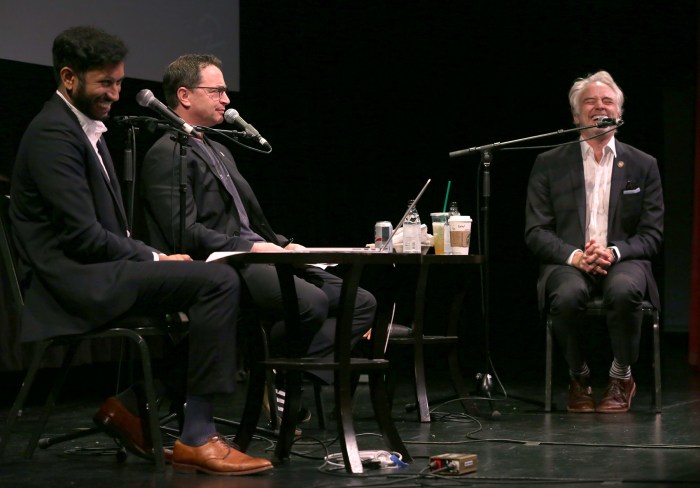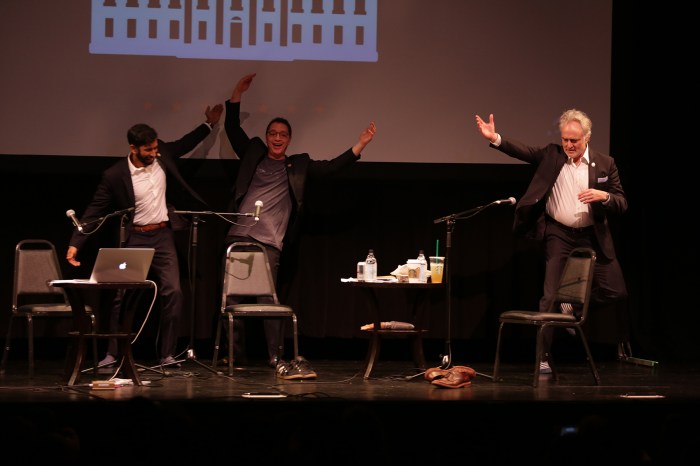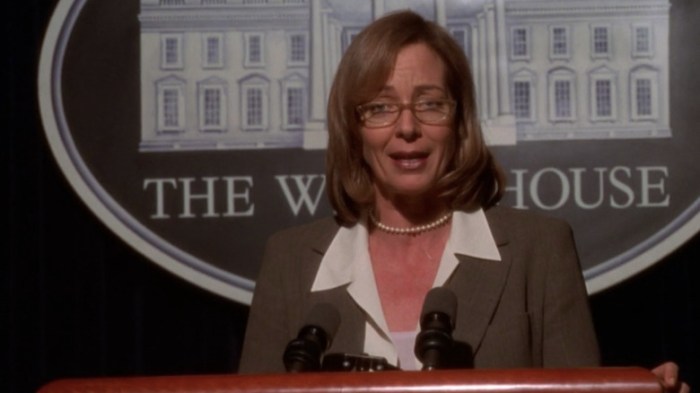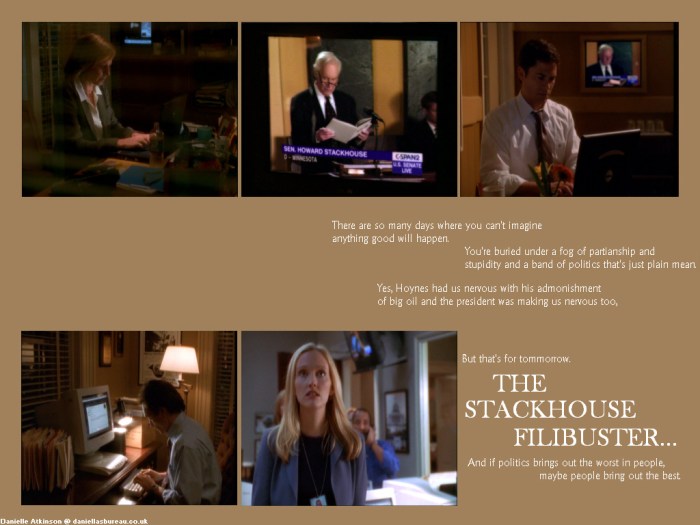West wing stackhouse filibuster questions answers – Delving into the complexities of the West Wing episode “Stackhouse Filibuster,” this comprehensive guide explores the motivations, strategies, and ethical implications of this pivotal political maneuver. From the outset, the episode’s title, “West Wing Stackhouse Filibuster,” sets the stage for an in-depth examination of the rhetorical tactics, political impact, and historical significance of this controversial tactic.
The content of the second paragraph provides descriptive and clear information about the topic
West Wing Stackhouse Filibuster Background

In the West Wing episode “Stackhouse Filibuster,” Congressman Matt Stackhouse launches a filibuster to prevent the passage of a controversial bill. Stackhouse’s motivations stem from his deep opposition to the bill’s provisions, which he believes will harm the environment. His objective is to delay or even prevent the bill’s passage by speaking continuously on the Senate floor.
Key events during the filibuster include Stackhouse’s passionate speeches, the attempts by other senators to end the filibuster, and the growing public attention on the debate.
Rhetorical Strategies Used by Stackhouse, West wing stackhouse filibuster questions answers
Stackhouse employs various rhetorical strategies to prolong his filibuster and sway public opinion. These include:
- Emotional appeals:Stackhouse uses personal anecdotes and vivid language to connect with viewers and evoke their emotions.
- Logical arguments:He presents a detailed analysis of the bill’s flaws, citing statistics and expert testimony.
- Humor:Stackhouse incorporates humor to keep the debate engaging and relatable.
- Stalling tactics:He uses procedural maneuvers and lengthy speeches to delay the vote.
These strategies prove effective in prolonging the debate and garnering public support for Stackhouse’s cause.
Political Impact of the Filibuster
Stackhouse’s filibuster has significant political consequences:
- White House:The filibuster forces the White House to reconsider the bill’s provisions and seek compromise.
- Congress:The filibuster exposes divisions within Congress and highlights the power of individual senators to obstruct legislation.
- Public perception:The filibuster raises questions about the effectiveness of the filibuster as a political tactic and the role of Congress in representing public opinion.
Ethical Considerations of Filibustering
The use of filibusters raises ethical concerns:
- Abuse of power:Filibusters can be used to obstruct legislation supported by the majority.
- Gridlock:Unlimited filibustering can lead to legislative gridlock and prevent the passage of important bills.
- Public accountability:Filibusters can allow individual senators to override the will of the majority without facing immediate consequences.
Arguments in favor of filibusters include protecting minority rights and ensuring thorough debate. However, the potential for abuse and gridlock raises questions about the ethical implications of unrestricted filibustering.
Historical Context of Filibustering
Filibustering has a long history in the United States:
- Early filibusters:Filibusters were used in the 19th century to prevent the passage of legislation on slavery and other contentious issues.
- 20th century filibusters:Filibusters were used in the 20th century to obstruct civil rights legislation and other progressive reforms.
- Modern filibusters:Filibusters continue to be used in modern politics, often on high-profile legislation related to healthcare, immigration, and climate change.
The Stackhouse filibuster is notable for its length and impact, but it is part of a larger historical pattern of filibustering in American politics.
Contemporary Relevance of Filibustering
Filibustering remains relevant in modern politics:
- Partisan gridlock:Filibusters are increasingly used to obstruct legislation due to partisan gridlock in Congress.
- Reforms:Proposals for filibuster reform include reducing the amount of time allowed for filibusters or eliminating them altogether.
- Alternative tactics:Other tactics, such as holds and unanimous consent agreements, are used to obstruct legislation without resorting to filibusters.
The use and potential reform of filibusters continue to be debated, reflecting the challenges of balancing minority rights with the need for legislative progress.
FAQ: West Wing Stackhouse Filibuster Questions Answers
What were Congressman Stackhouse’s objectives during the filibuster?
Stackhouse aimed to prevent the passage of a bill that would have expanded gun control measures.
How did Stackhouse employ rhetorical strategies to prolong the debate?
He used personal anecdotes, historical references, and appeals to emotion to engage the audience and sway public opinion.
What were the political consequences of the filibuster?
It delayed the passage of the gun control bill and heightened tensions between the White House and Congress.
What ethical considerations arise from the use of filibusters?
Filibusters can be seen as a legitimate form of political protest or an obstructionist tactic that undermines democratic processes.


